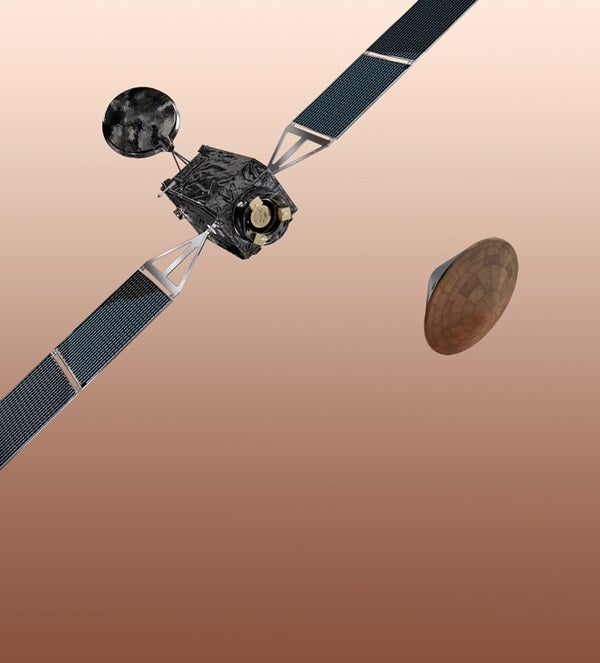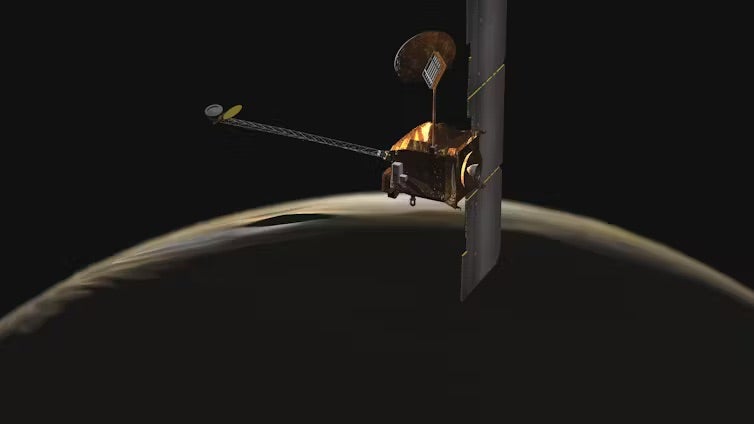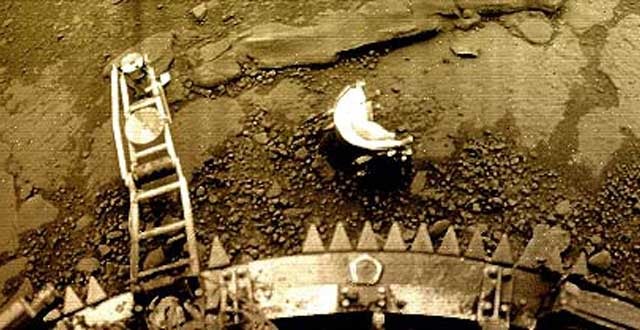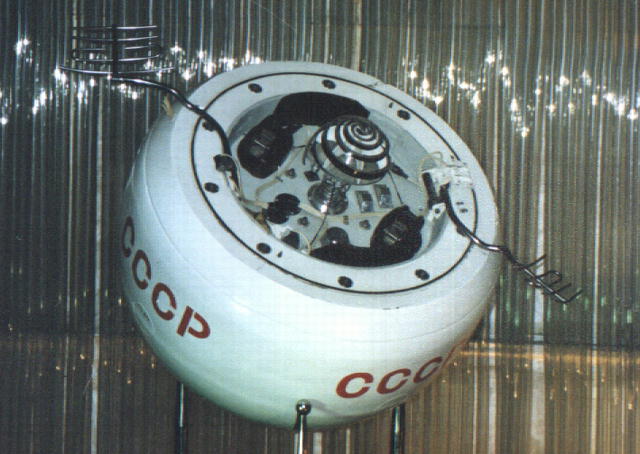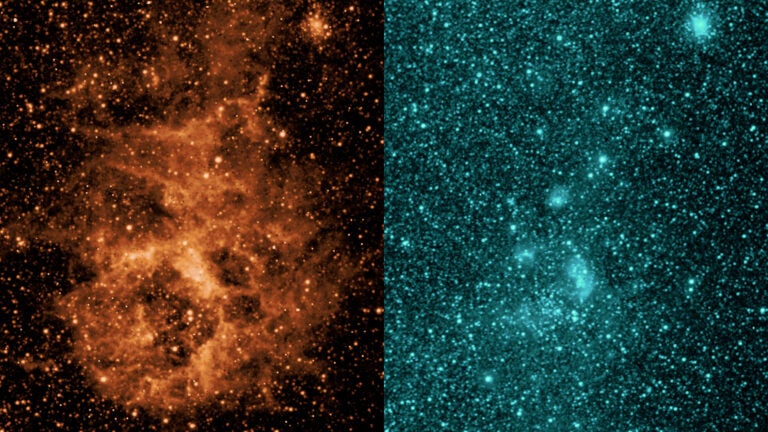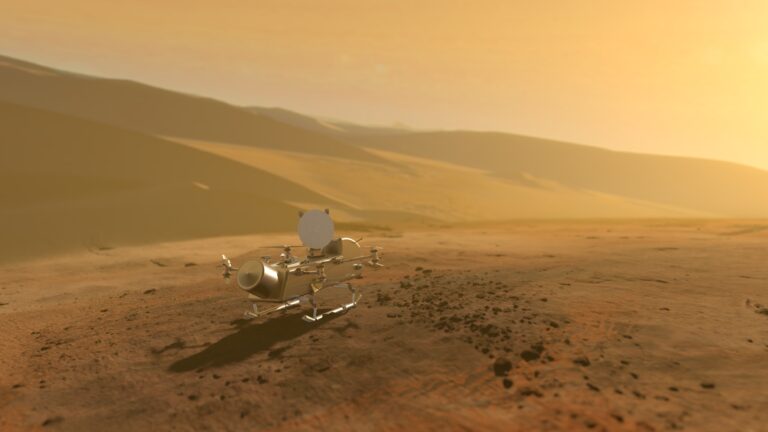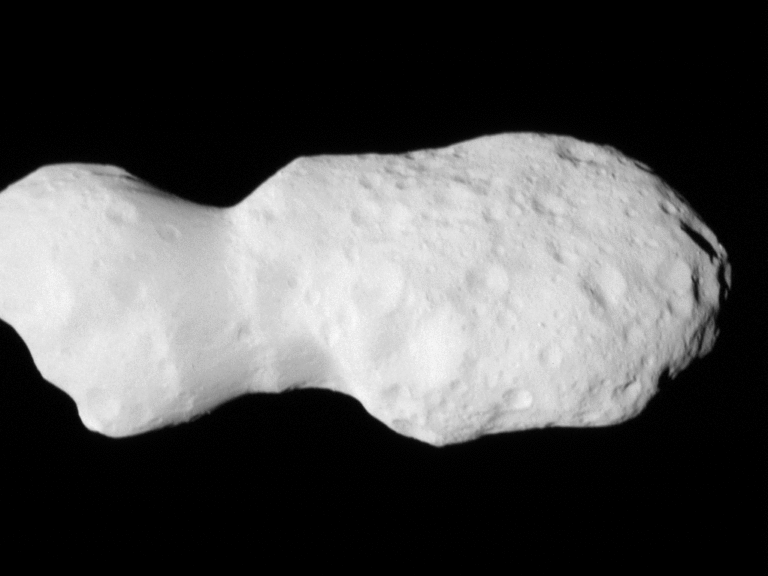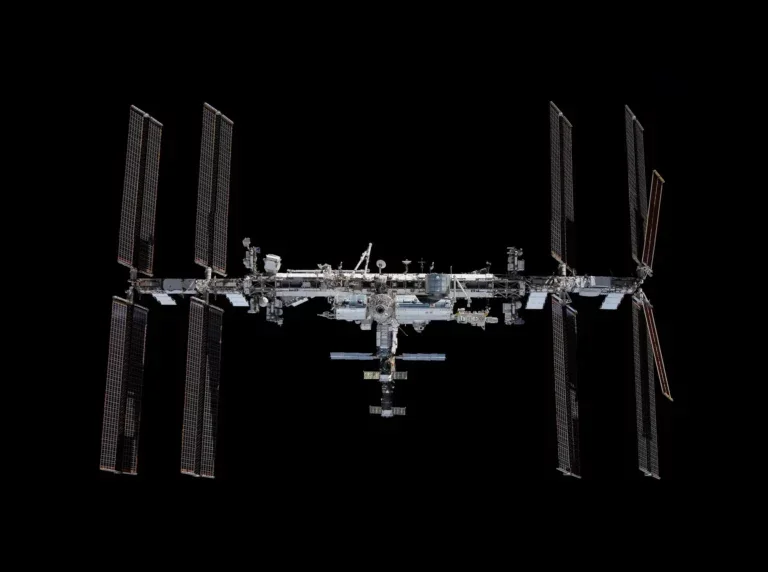The Obama administration’s proposed 2013 NASA budget focuses almost all the agency’s cuts onto the planetary science program that funds the robotic exploration of the solar system. The Planetary Science Division budget would be cut by 20 percent from $1.5 billion in 2012 to $1.2 billion in 2013. The proposed budget cuts will force the United States to give up its leadership in solar system exploration.
The robotic exploration program has delivered a golden age of planetary exploration including the Mars rovers; the Cassini mission to Saturn; MESSENGER, which is now orbiting Mercury; Dawn, orbiting the asteroid Vesta; and the Lunar Reconnaissance Orbiter and GRAIL, which are orbiting our Moon to explore its structure and origins.
“If the NASA budget is passed in its current form, American leadership in planetary sciences will be endangered,” said Dan Britt, chair of Division for Planetary Sciences of the American Astronomical Society (AAS). “We strongly believe that the robotic exploration of the solar system resonates with the American people, that it is something that NASA needs to be doing, and it is something the American people will support even in tight budget times.”
Under the proposed budget, NASA will be forced to cancel its plans for its most ambitious exploration missions, slash the Mars Exploration Program, and kill the Lunar Quest Program. The cuts will also end collaborations with the European Space Agency on the 2016 Mars Trace Gas Orbiter and the 2018 ExoMars rover, delay the economical Discovery and New Frontiers space programs, and force cuts in operations and data analysis for a number of current missions.
The planetary science community recently finished its latest decadal survey, Vision and Voyages for Planetary Science, under the auspices of the National Research Council. It recommends to NASA a program of balanced exploration and scientific analysis. Under the president’s proposal, implementation of the balanced, consensus, budget-conservative plan outlined in the decadal survey will not be possible.

